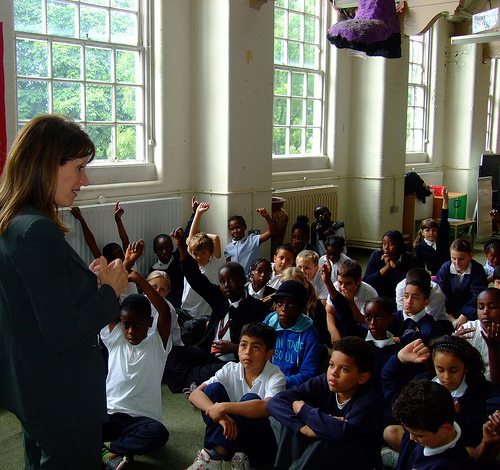

News
Working-class boys fall behind in school due to poverty, says report
A new major report published the Centre for Social Justice (CJS) claims that some four-year-old children are starting school wearing nappies and unable to speak.
The report, which set out to investigate the root problems which lead to teenagers leaving school without GCSEs in English and Maths, says, “Children leaving school with few or no meaningful qualifications are less likely to enter into and progress in work and less likely to be able to support the learning of their own children.”
It claims that those from financially unstable families often face greater difficulties in school than those who are financially stable.
“Poorer children who are eligible for FSM [free school meals] often face multiple barriers to learning, including having less home support, weaker language and communication skills, and difficulties in basic literacy and numeracy.”
In a press release Christian Guy, director at the CJS said, “These figures are sobering. White working-class boys are in danger of becoming an educational underclass. They are falling further behind other disadvantaged groups and the majority of pupils.
“We need to take a close look at the reasons behind this growing inequality and reassess the measures we are taking to close the performance gap for those at the very bottom.”
A report published last week revealed that individuals who are in particular financial difficulties often find it much harder to carry out mental tasks and often have an IQ 13 points lower than average as a result.
This is the equivalent of being a chronic alcoholic or losing a night’s sleep.
Further reading:
Poverty drains the brain, says study
‘We need to tackle the root causes of inequality and poverty’


 Environment12 months ago
Environment12 months agoAre Polymer Banknotes: an Eco-Friendly Trend or a Groundswell?

 Features11 months ago
Features11 months agoEco-Friendly Cryptocurrencies: Sustainable Investment Choices

 Features12 months ago
Features12 months agoEco-Friendly Crypto Traders Must Find the Right Exchange

 Energy11 months ago
Energy11 months agoThe Growing Role of Solar Panels in Ireland’s Energy Future




























